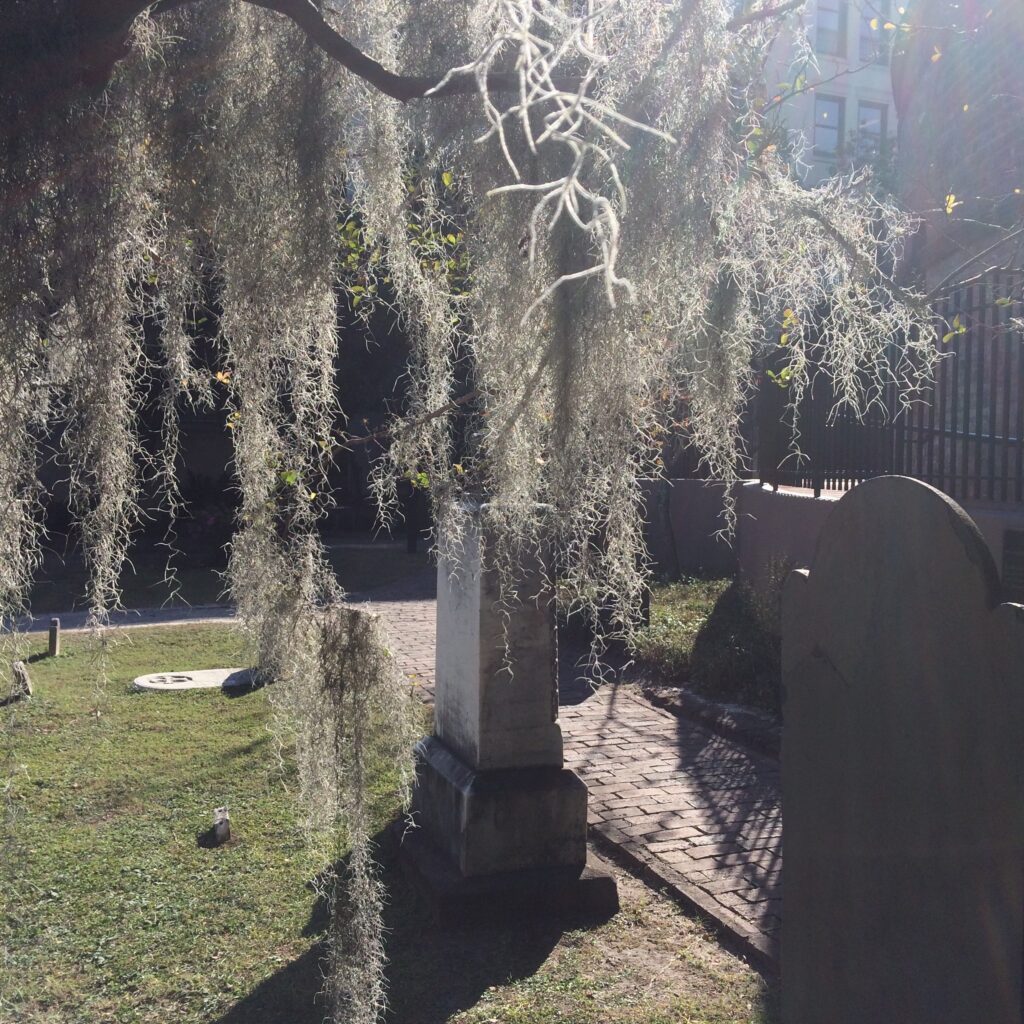This month’s post is from Sarah Bauman, Head of the Charles A. Kraus Library at Temple’s Schools of Podiatric Medicine. Sarah was so excited by the recent conference she attended, I asked her to post about it.
Here’s Sarah’s account:
Last month I had the pleasure of attending the Evidence-Based Practice for Health Sciences Librarians: An Introductory Workshop at MUSC (Medical University of South Carolina) in Charleston, SC. The workshop was an introduction to essential topics for conducting evidence-based practice. It covered the following questions:
- How do we select an appropriate study design for a research question?
- How do we find evidence?
- How do we create a good clinical foreground question using the PICOTT approach (Patient, Intervention, Comparison, Outcome, Type of Question, and Type of Study)?
The workshop consisted of lectures and small group work, where we learned to assess standard research methods used in the health sciences, like systematic reviews. We used a traditional a CASP checklist for the assessment in our critical appraisal by looking at whether the review, in general, addressed a sensible clinical question, the search was relevant and exhaustive, the studies found were of high methodological quality, and the selection and assessment of studies were reproducible.
Librarians in the health sciences are not usually required to evaluate the calculations used in medical research. Still, we learned some “basics,” like how to use nomograms to specify likelihood ratios and create tables to calculate the sensitivity, specificity, positive and negative predictive values, and positive and negative likelihood ratios. Understanding what’s behind these calculations helps one appreciate how the efficacy of trials and treatments for patient care is rigorously evaluated before publication—or at least the best practices.
I liked learning about this so much; I plan to take the Critical Appraisal Institute for Librarians course this spring semester to delve deeper into the topic. And the workshop was not all work – I also enjoyed restaurant “dine-arounds” and even a ghost tour of Charleston.

